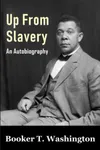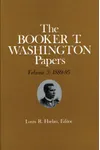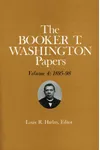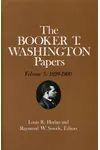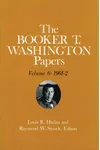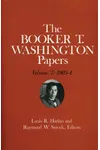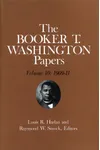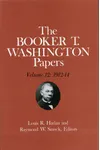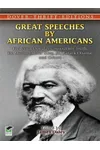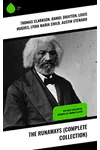Imagine a man born into slavery who rose to shape the course of American history—meet Booker T. Washington! This educator, author, and African-American leader captivated the nation with his vision of self-reliance and economic empowerment. From founding the Tuskegee Institute to penning his influential autobiography, Washington’s story is one of resilience and hope.
The Making of Booker T. Washington
Born in 1856 in Hale’s Ford, Virginia, Booker Taliaferro Washington entered the world in a one-room slave cabin. Freed by the Emancipation Proclamation at age nine, he worked in salt furnaces and coal mines while teaching himself to read. His thirst for knowledge led him to Hampton Institute, where he excelled and later caught the eye of General Samuel Armstrong, who recommended him to lead a new school in Alabama. In 1881, at just 25, Washington founded the Tuskegee Normal and Industrial Institute, starting with little more than a dilapidated church and a dream.
Booker T. Washington’s Unforgettable Works
Washington’s most famous work, Up from Slavery (1901), is a gripping autobiography that traces his journey from enslavement to national prominence. Written in a direct, optimistic style, it champions education and hard work as paths to racial uplift. His earlier book, The Story of My Life and Work (1900), offers a more personal look at his struggles and triumphs, though it’s less polished. Washington also wrote The Future of the American Negro (1899), a collection of essays advocating for economic progress over immediate social equality, a stance that sparked debate. His speeches, like the 1895 Atlanta Compromise address, blended pragmatism with hope, urging Black Americans to focus on vocational skills while appealing to white audiences for support. His writing, clear and purposeful, reflected his belief in incremental progress.
While Washington’s works were not literary masterpieces, their impact lay in their accessibility and urgency. He used plain language to reach everyday readers, blending personal anecdotes with broader calls for racial harmony. His ideas, though criticized by contemporaries like W.E.B. Du Bois for being too conciliatory, resonated widely during a time of intense racial oppression.
Why Booker T. Washington Matters
Booker T. Washington’s legacy is monumental. The Tuskegee Institute trained thousands of Black students, fostering a generation of educators, farmers, and entrepreneurs. His emphasis on economic self-sufficiency inspired Black communities to build businesses and institutions despite systemic barriers. While his accommodationist approach drew criticism, it opened doors for dialogue in a segregated nation. Washington’s influence extended globally, inspiring African leaders like Kwame Nkrumah. Today, his story reminds us of the power of education and perseverance in the face of adversity.
- Born: April 5, 1856, in Hale’s Ford, Virginia
- Key Work: Up from Slavery (1901)
- Notable Achievement: Founded Tuskegee Institute in 1881
- Died: November 14, 1915
About Booker T. Washington
Grab a copy of Up from Slavery and dive into Booker T. Washington’s inspiring world of resilience and vision!


